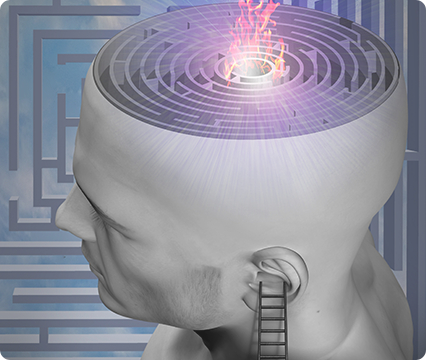Associations between dietary inflammatory index (DII) scores and attention deficit hyperactivity disorder (ADHD) in children
Attention deficit hyperactivity disorder (ADHD) is a prevalent neurodevelopmental disorder with unclear underlying mechanisms. This study aimed to explore the potential relationship between dietary inflammatory index (DII) scores and ADHD among 500 Iranian children aged 4–12, comprising 200 ADHD cases and 300 healthy controls. Utilizing food frequency questionnaires (FFQs) with 168 items, the study calculated energy-adjusted DII (E-DII) scores based on standardized z-scores. Analysis of covariance (ANCOVA) was employed to assess dietary intake across DII tertiles, while multivariable logistic regression estimated odds ratios (ORs) and 95% confidence intervals (CIs) across two hierarchical models, adjusting for age, gender, income, and body mass index (BMI). The findings indicated a direct association between E-DII and ADHD risk, with significant results in the crude model (OR = 1.104; 95% CI: 1.009, 1.208; p = 0.031), Model 1 (OR = 1.162; 95% CI: 1.050, 1.285; p = 0.004), and Model 2 (OR = 1.133; 95% CI: 1.021, 1.258; p = 0.019). The study concluded that higher E-DII scores are significantly associated with increased Attention deficit hyperactivity disorder (ADHD) risk in Iranian children. Limitations include the case-control design, which limits causal inference, and potential residual confounding. Further research is warranted to substantiate these findings. [NPID: ADHD, neurodevelopmental, inflammatory, inflammation].
Year: 2025
 Navigation
Navigation










